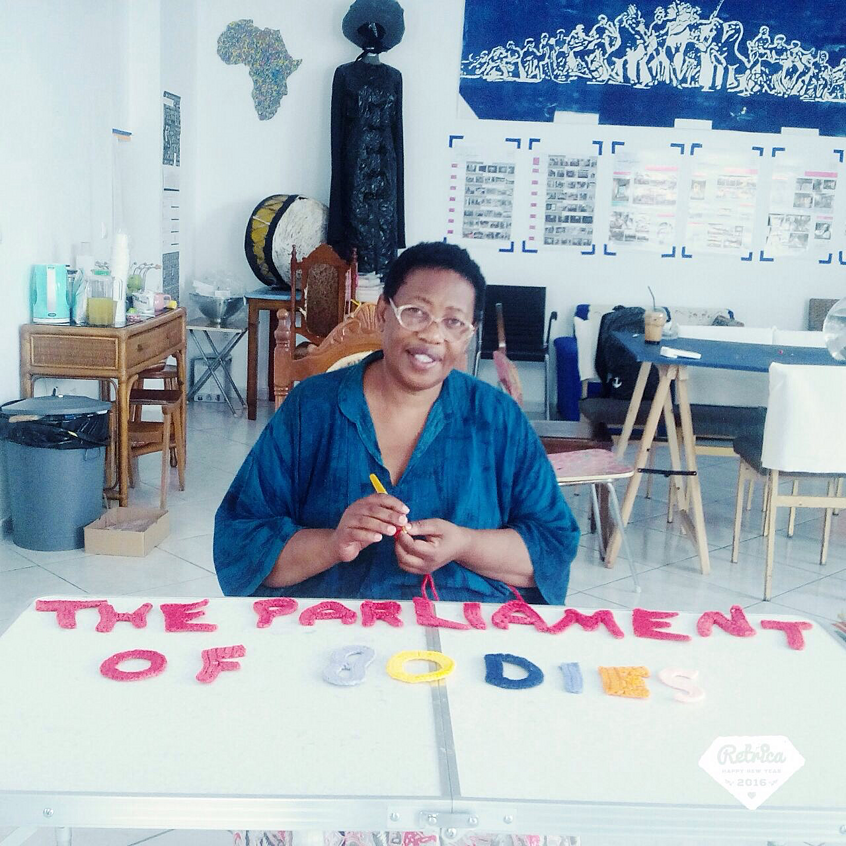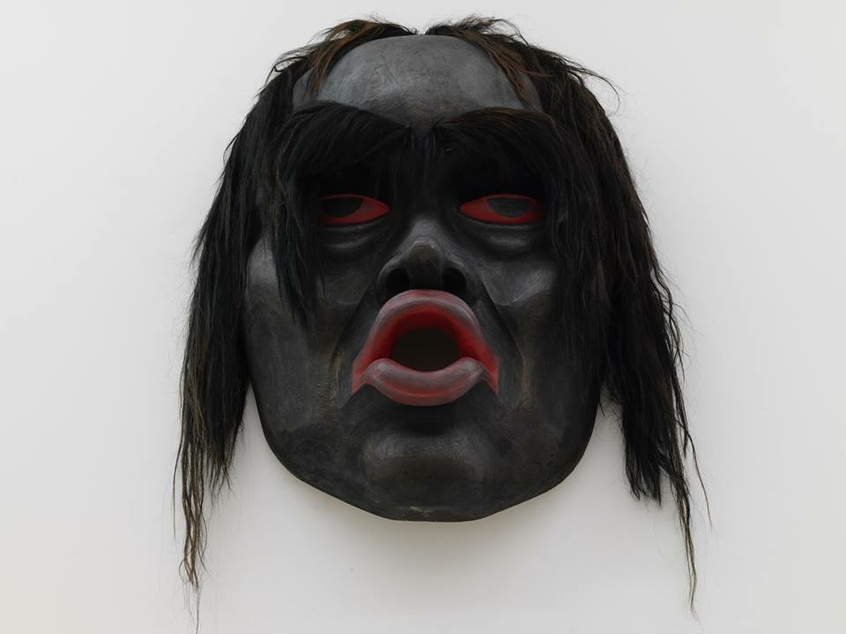Nathan Pohio comments on rituals of hospitality within Māori culture and the political implications of being a host and being a guest.
The Gesture of Hospitality
with Nathan Pohio, Hendrik Folkerts, and Candice Hopkins
APR
13
8–10 pm
Parko Eleftherias, Athens Municipality Arts Center and Museum of Anti-dictatorial and Democratic Resistance, Vassilissis Sofias, Athens
Live stream available
Add to iCal or Google Calendar
Posted in Public Programs


